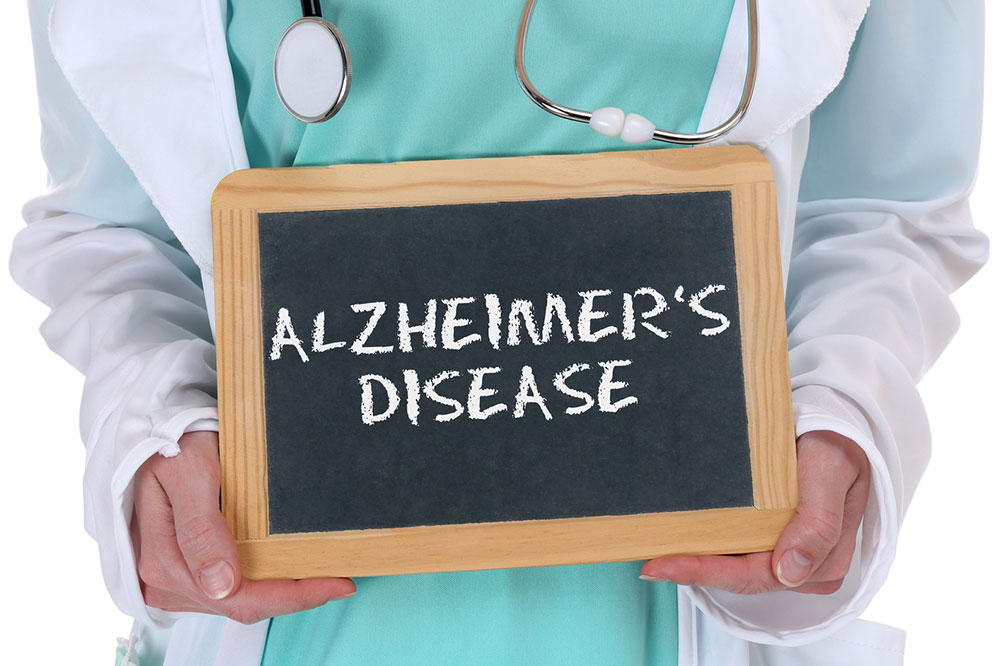Key Facts About Alzheimer’s Disease and Dementia Awareness
This article provides essential insights into Alzheimer’s disease and dementia, highlighting their differences, symptoms, causes, and management strategies. It emphasizes the importance of early diagnosis and understanding to improve quality of life for affected individuals. Learn about risk factors, signs to watch for, and available treatment options to stay informed and proactive in brain health.

Essential Information on Alzheimer’s Disease and Dementia
Overview of Alzheimer’s Disease and Dementia
The brain and heart are vital and delicate organs susceptible to various diseases, some of which can be life-threatening. Early diagnosis allows for timely treatment, minimizing damage. Here is crucial information about Alzheimer’s, a prominent form of dementia impacting millions worldwide. While often confused, Alzheimer’s is a specific, progressive neurodegenerative disorder classified as a severe type of dementia. Below, key insights into dementia are provided.
What is Alzheimer’s Disease?
A neurodegenerative condition that develops slowly over time, worsening gradually.
Initial signs include short-term memory issues, accounting for about 60-70% of dementia cases.
Key risk factors encompass a history of depression, prior head injuries, and high blood pressure.
Living with Alzheimer’s is challenging, as it often leads to dependence on others for daily activities.
Understanding Dementia
Dementia describes a range of symptoms affecting brain function, involving thinking, memory, and judgment.
Individuals may struggle with daily tasks, isolating them socially and functionally.
Types include cortical dementias like Alzheimer’s and Creutzfeldt-Jakob disease, as well as subcortical types such as Parkinson’s and Huntington’s diseases.
Causes of Dementia and Alzheimer’s
Rarely, dementia may result from vitamin deficiencies or medication reactions.
Vascular dementia is linked to blood vessel issues, while Lewy body dementia involves protein clumps in the brain.
Alzheimer’s is most common, caused by factors like genetics, lifestyle, aging, and environment.
Plaques of beta-amyloid protein form outside brain cells, damaging tissues.
Tangles of tau protein inside neurons disrupt internal transport mechanisms, impairing brain function.
Recognizing Symptoms
Symptoms of Alzheimer’s and dementia overlap, with Alzheimer’s typically presenting with more severe cognitive decline. Signs include:
Difficulty with reasoning, concentration, and decision-making
Memory loss and judgment issues
Behavioral changes such as withdrawal, mood swings, distrust, and disinhibition
Management and Treatment
Alzheimer’s currently has no cure; treatments focus on symptom management through medications and behavioral therapies.
Addressing underlying causes like hypoglycemia or tumors can sometimes improve outcomes in dementia cases.
Most dementia cases are irreversible; early detection is vital for better management.
Although symptoms may appear similar, distinguishing between Alzheimer’s and other dementias is essential for appropriate treatment. Early medical consultation is highly recommended if symptoms occur.










